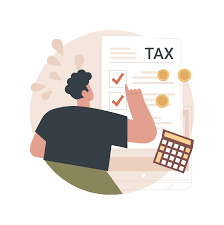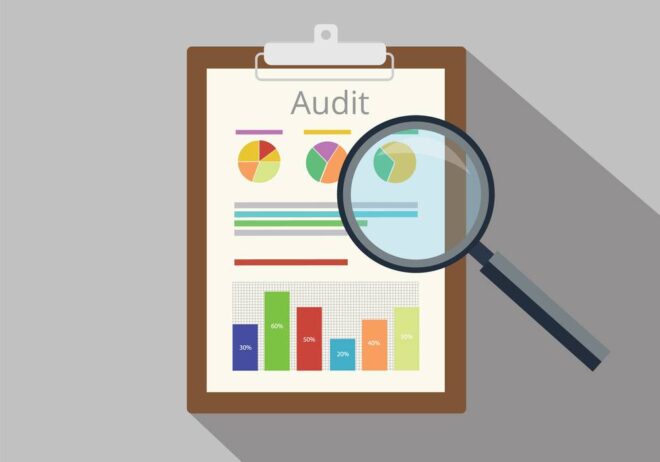![]()
Conducting Tax Audit
The primary purpose of conducting a tax audit for a showroom is to ensure compliance with tax laws and regulations. A tax audit is a thorough examination of a showroom’s financial records, transactions, and other relevant documentation to verify that the business has accurately reported its income, expenses, and tax liabilities to the government.
Specifically, a tax audit for a showroom serves several key objectives:
1. Ensuring Accurate Reporting:
Tax audits conducted to verify the accuracy of the financial information provided by the showroom. This includes confirming that all income has been reported and that deductions and exemptions have been appropriately claime.
2. Preventing Tax Evasion:
Tax audits help prevent tax evasion, which involves deliberately underreporting income or inflating expenses to pay less tax than legally owed. By thoroughly examining the showroom’s financial records, authorities can identify any discrepancies that might indicate attempts to evade taxes.
3. Promoting Tax Fairness:
Audits contribute to maintaining fairness within the tax system. When all businesses, including showrooms, pay their fair share of taxes, it ensures that the burden of funding public services distributed equitably.
4. Deterrence:
The existence of a tax audit system itself acts as a deterrent against non-compliance. Showrooms are more likely to maintain accurate records and adhere to tax regulations if they know that there is a possibility of being audit.
5. Enhancing Tax Compliance:
Audits help identify areas where the showroom might be unintentionally non-compliant due to misunderstandings or errors in tax reporting. This allows the business to rectify any mistakes and improve its compliance practices.
6. Collecting Unpaid Taxes:
If discrepancies are found during the audit that result in unpaid taxes, the tax authorities can collect the owed amounts, along with any applicable penalties and interest.
7. Educational Opportunity:
Tax audits can also provide an opportunity for the showroom to gain a better understanding of tax regulations and reporting requirements. This can help the business avoid future mistakes and maintain better compliance.
8. Statistical Analysis:
Tax audits can also help tax authorities gather statistical data about businesses in a specific sector, such as showrooms, which can inform policy decisions and resource allocation.
In summary, the primary purpose of conducting a tax audit for a showroom is to ensure that the business is complying with tax laws, prevent tax evasion, promote tax fairness, and maintain the integrity of the tax system. It serves as a mechanism for accurate reporting, deterrence, and rectifying compliance issues, if any are found.
To visit: https://www.incometax.gov.in

For further details access our website: https://vibrantfinserv.com
